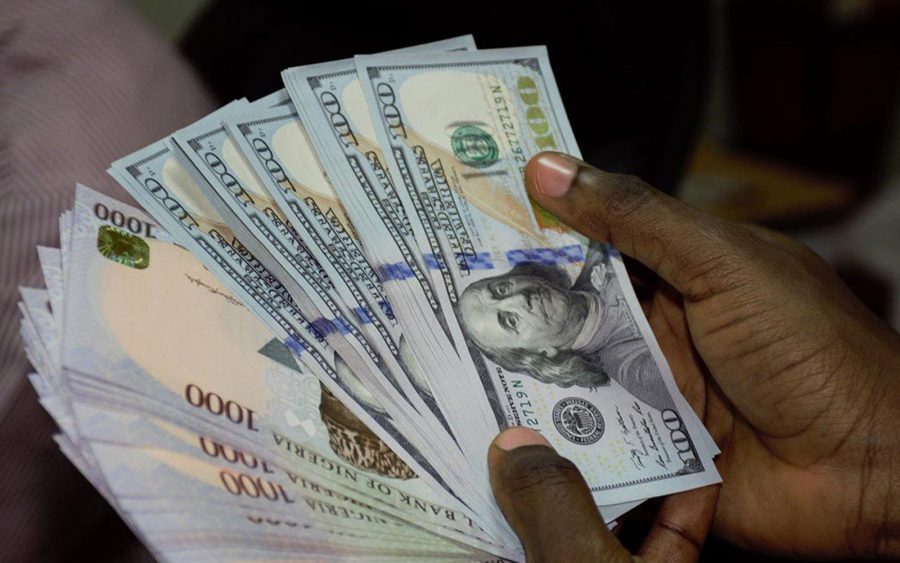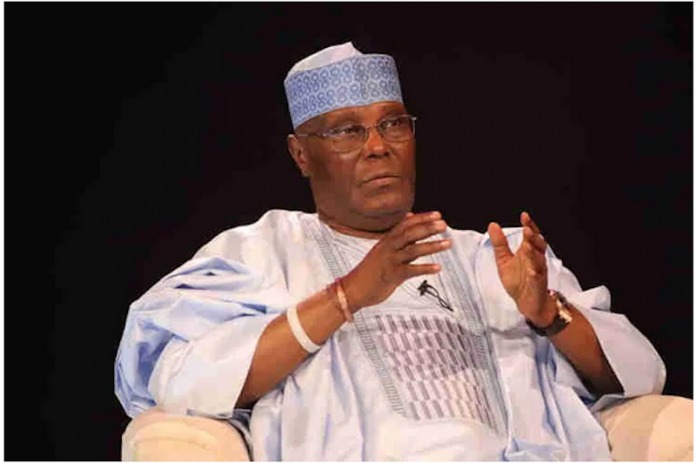International Oil Companies (IOCs) operating in Nigeria could inject up to 50 per cent of their oil and gas export proceeds in the Nigerian foreign exchange (forex) market through direct sales and settlement of several domestic financial obligations. In an update to its forex management policies, the Central Bank of Nigeria (CBN) yesterday permitted IOCs to use 50 per cent of their oil and gas export proceeds to settle specified local transactions and for sale to the Nigerian Foreign Exchange Market (NFEM).
The apex bank, in a circular, signed by its Director, Trade & Exchange Department, Hassan Mahmud, provided clarifications on its earlier policy on cash pooling of repatriated oil and gas export proceeds by IOCs.
According to the apex bank, the earlier directive allowing IOCs to send 50 per cent of the forex proceeds to their home countries at once, and the other 50 per cent after 90 days stays.
However, the balance 50 per cent of the repatriated funds could now be used to settle financial obligations locally, whenever required, during the prescribed 90-day period.
The eligible expenses for the IOCs include settlement of Petroleum Profit Tax, royalty, domestic contractor invoices, cash call and domestic loan principal and interest payment.
Others include transaction taxes- including Nigeria Content Development levy, education tax and forex sales at the Nigerian Foreign Exchange Market.
“While the CBN strongly supports the need for IOCs to have easy access to their export proceeds, particularly to meet their offshore obligations, this must be done with minimal negative impact on liquidity in the Nigerian foreign exchange market.
“In line with the ongoing reforms in the foreign exchange market, it has become necessary to take measures to address this trend. Consequently, the CBN hereby directs banks to allow pool cash on behalf of IOCs, subject to a maximum of 50 per cent of the repatriated export proceeds in the first instance.
“Then, the balance of 50 per cent may be repatriated after 90 days from the date of inflow of the export proceeds.
“The above shall be subject to prior approval of the CBN for the repatriation of funds under the “Cash Pooling” transaction; Cash Pooling” agreement with the parent entity of the IOCs operating in Nigeria, statement of expenditure incurred by the IOC in the immediate past period relating to the “Cash Pooling, evidence of the source of foreign exchange inflows and completion of relevant Forex Form(s) as required under extant regulations,” the apex bank had stated.
The CBN reiterated its commitment to promoting transparency in the Nigerian forex market and will continue to develop policies to stabilize and further deepen the market. It advised all banks to comply with this circular and inform their customers accordingly.
“The initial 50 per cent of the repatriated proceeds can be pooled immediately or as at when required. Banks may submit the request for cash pooling ahead of the expected date of receipt, supported by the required documentations, for approval by the Central Bank of Nigeria.
“The 50 per cent balance of the repatriated export proceeds could be used to settle financial obligations in Nigeria, whenever required, during the prescribed 90-day period,” CBN stated.
The apex bank had earlier directed authorised dealer banks to allow IOCs to repatriate such funds in batches to reduce their negative effects on the foreign exchange market.
“A maximum of 50 per cent in the first instance, while a balance of 50 percent could be repatriated after 90 days from the date of the inflow of the export proceeds,” the previous circular stated.
The CBN stated that it had observed that proceeds of oil exports by IOCs operating in Nigeria are transferred offshore to fund parent accounts of the IOCs (otherwise referred to as “cash pooling”). This had impact on liquidity in the foreign exchange market.






















